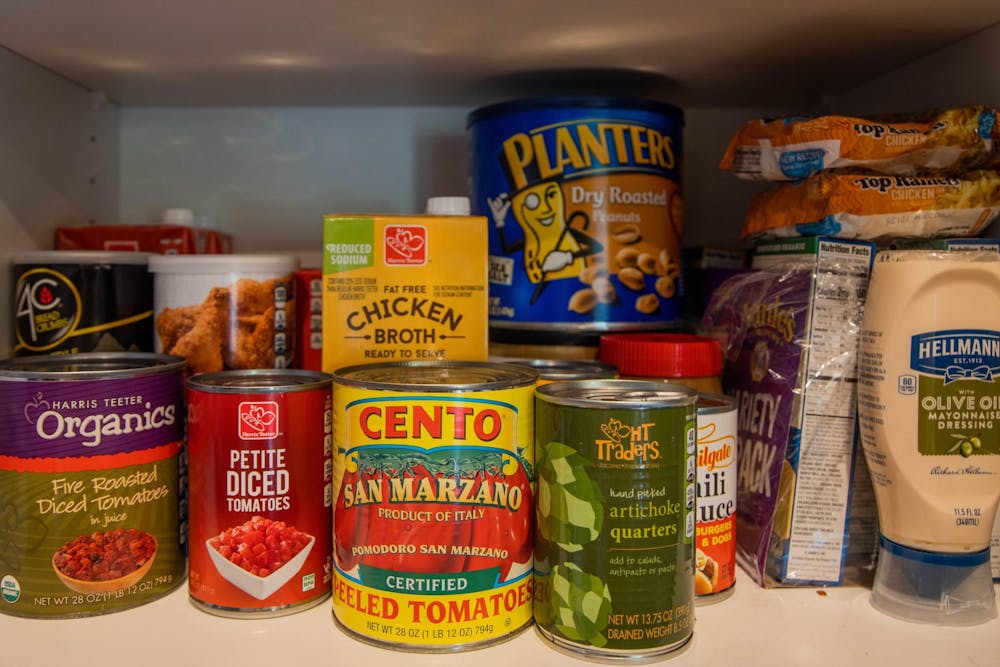In North Carolina, child hunger is an enormous problem that has yet to see substantial tangible relief.
Schools across the state have dedicated massive amounts of COVID-19 pandemic relief funds to expand school nutrition programs to every student. Many have argued this alone has begun to quell child hunger.
But in North Carolina, nearly 590,000 households do not have enough food to eat each day. Children and households with children are particularly vulnerable to food insecurity. The North Carolina Justice Center reports households with children face far more difficulty putting healthy foods on the table.
Across the country, 15.7 percent of households with children are food insecure, compared to only 10.1 percent of households without children.
Pandemic relief funds are not enough to resolve child hunger — now or in the long term.
With funding from the U.S. Department of Agriculture, schools and daycares can continue to serve free meals for every student through June 2022. These programs emphasize the availability of fruits, vegetables, milk and whole grains.
"Receiving the free or reduced-price school lunches reduces food insecurity, obesity rates, as well as poor health," registered dietician Erin Falls said in an interview with WCNC Charlotte. "So we know that all of those three items are huge issues with our nation and so this really can help with that."
Yet, federal funding for these programs is on a strict timeline, with less than five months until they expire.
North Carolina’s School Nutrition Chief Lynn Harvey pleaded with state lawmakers to push for an expansion of the school-lunch program.




